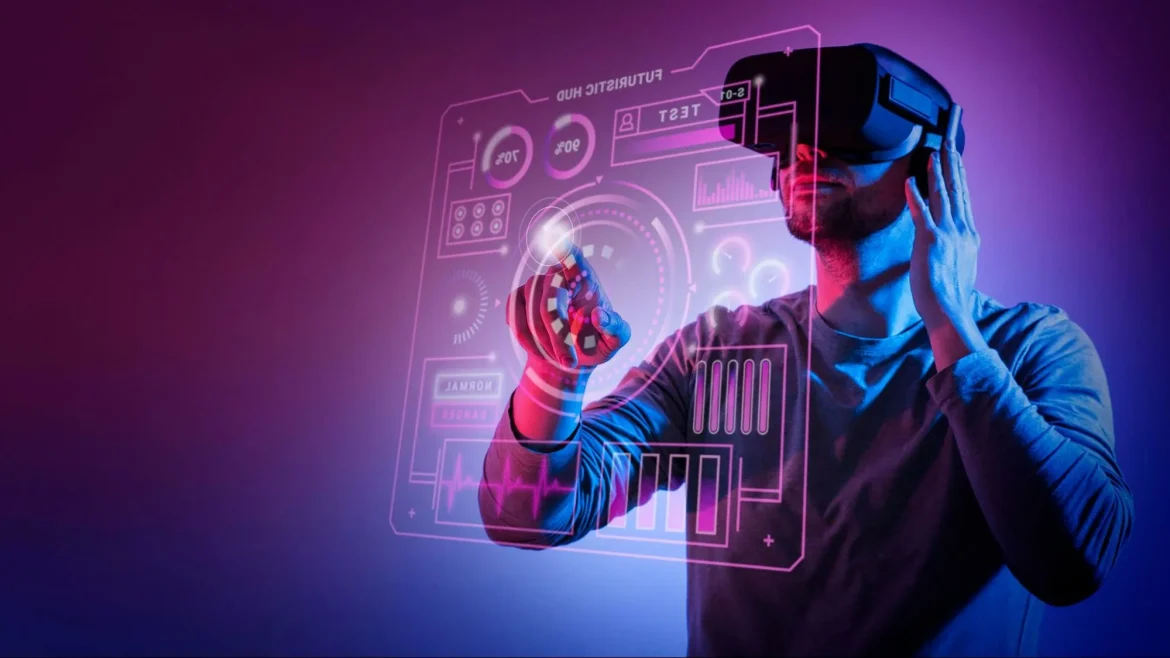The entertainment industry has always evolved with technology — from silent films to sound, black-and-white to color, TV to streaming. But the next frontier may be its most radical yet. Artificial intelligence (AI), virtual influencers, and immersive digital platforms are not just changing how entertainment is made and consumed — they are redefining what it means to be famous.
Advertisement
One of the most disruptive forces on the horizon is AI-generated content. Using machine learning, AI can now compose music, write screenplays, generate artwork, and even create realistic human-like avatars. AI tools like Sora, ChatGPT, or Suno can craft entire narratives or compose background music for a scene, cutting down production time and costs. While this opens exciting possibilities for creators, it also raises profound questions: Who owns the content? What happens to human jobs? Can a machine really replace artistic intuition?
AI-generated actors are already appearing in advertising and film. In some cases, digital doubles are used to de-age real actors or bring back deceased ones — like Carrie Fisher in Star Wars. In others, entirely fictional personas are created using CGI and voice synthesis. These “synthetic celebrities” may never age, misbehave, or make scandalous headlines — making them an attractive prospect for brands and studios alike.

